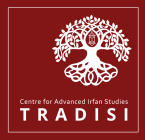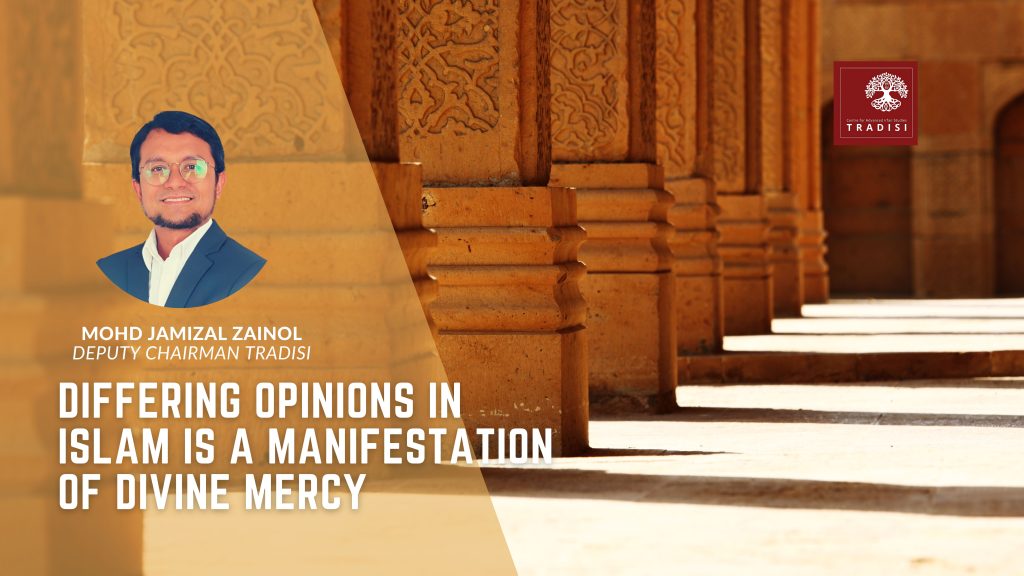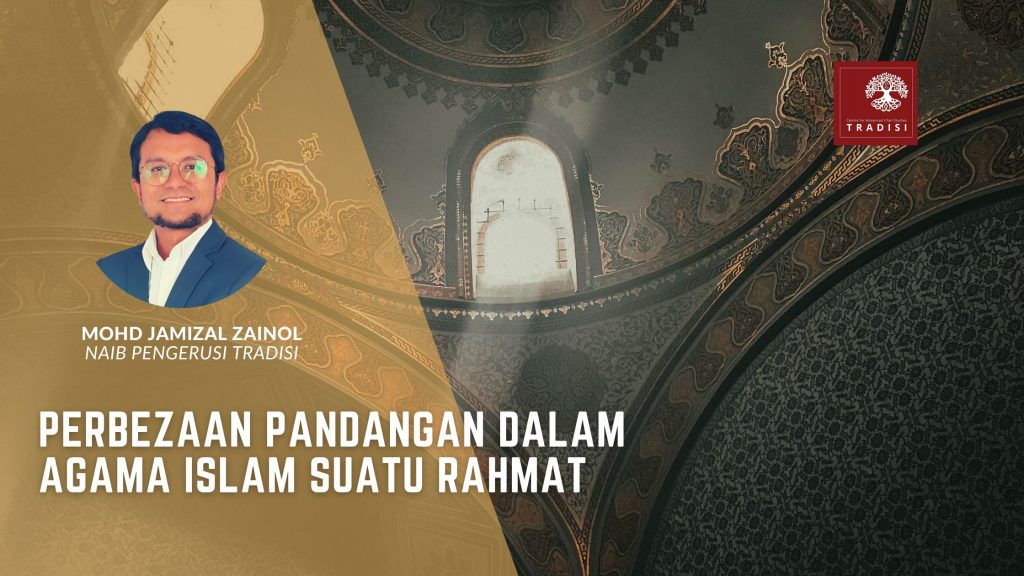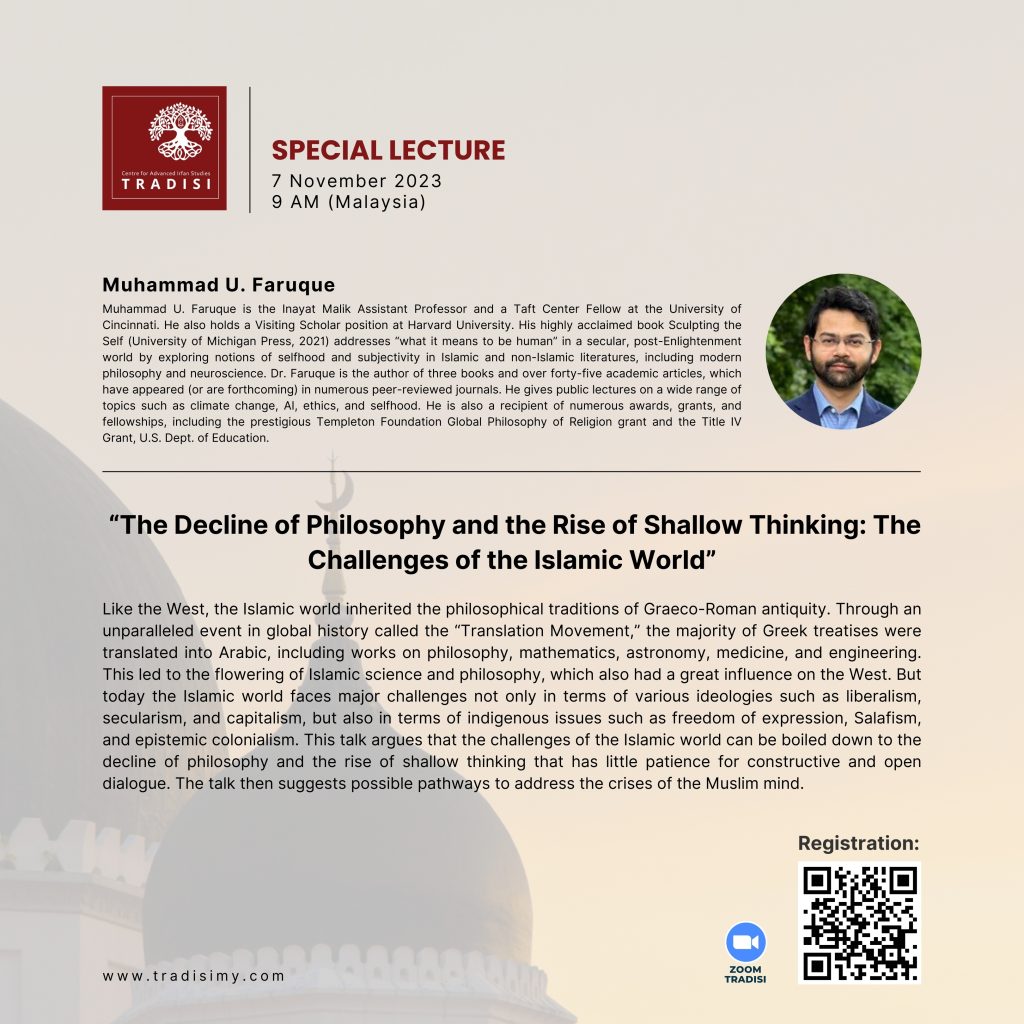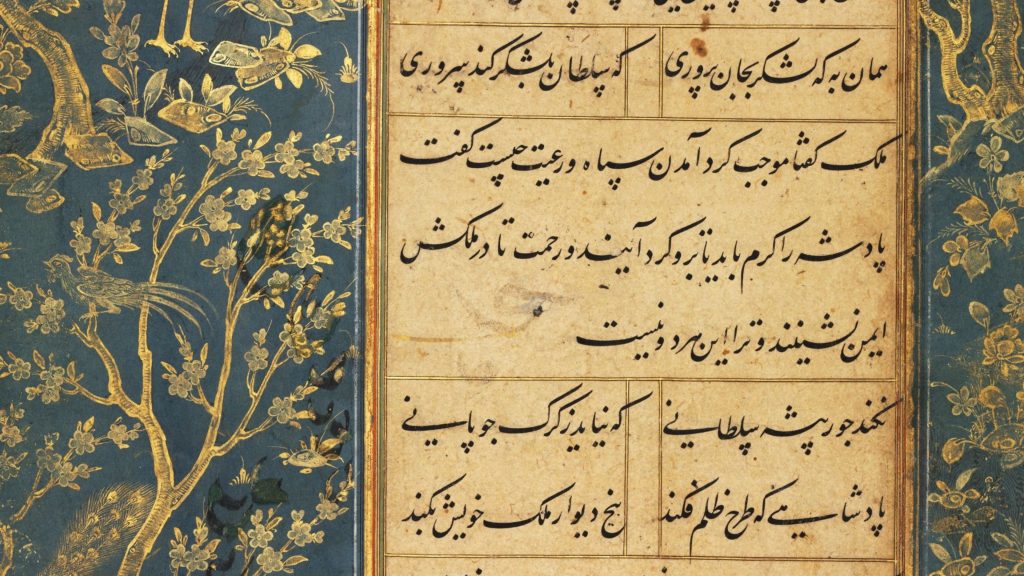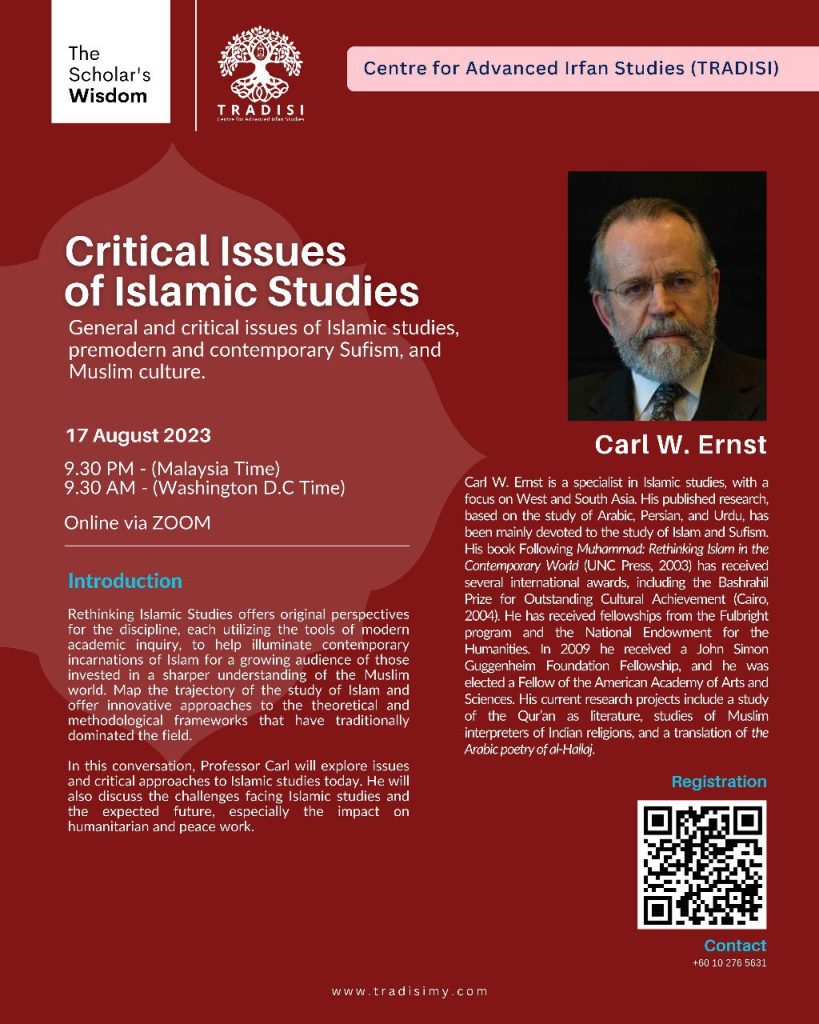Differing Opinions In Islam Is A Manifestation Of Divine Mercy
Mohd Jamizal Zainol In February 2006, al-Qaeda, the Sunni extremist and terrorist group had bombed al-Askari Mosque in Iraq, a sacred sanctuary and place of worship for the Shiites. In 1979, Mohammad Abdus Salam won the Nobel Prize in Physics. Unfortunately, this achievement of his was disregarded by his own motherland as he was accused of adhering to the Ahmadiyya, which had been declared heretical by the Pakistani government. As a result of this fatwa, he was constantly pressured by the Pakistani government, eventually leading him to permanently move to England. The events aforementioned are the ugly consequences of Muslims being demarcated due to the political conflicts escalating over the years, going back to hundreds of years before, that eventually leading to the occurrence of violence. Similarly, political power has been used to suppress those with differing ideas and views. We have been told of the facts that the conflict between Sunnis and Shias was rooted in the occurrence of Jamal Battle between Aisha RA, the Wife of the Prophet and Ali RA owing to the dissatisfaction with Ali RA’s indifference as Caliph in not taking firm action regarding the murder of Caliph Uthman RA. This conflict escalated, leading to a confrontation between Muawiyah RA (the governor of Syria at the time) and Ali RA. Muawiyah, through the Battle of Siffin, opposed Ali R.A in seeking justice for the death of Uthman R.A. This great conflict in the history of the Muslim ummah is tragically chronicled by Lesley Hazleton through his work, ‘After the Prophet: The Epic Story of the Shia-Sunni Split’. According to him, this great conflict further demarcated the Muslim ummah into two opposing factions, the Sunnis who were firmly standing with Uthman RA, Aishah RA, and Muawiyah RA and the group who stood side by side with Ali RA and other Households of the Prophet such as Fatimah the beloved daughter of the Prophet and Hassan and Hussein the grandsons of His Holiness. The root of this conflict can be traced back to the dissatisfaction towards the tragic killing of Uthman RA. Unfortunately, it gradually escalated, from mere political conflicts seeping into the discourse of Islamic theology. Such an instance can be seen where debates arose over Ali’s decision to make peace with Muawiyah was whether it is in line with Islamic principles. This gave rise to the Khawarij, a faction that opposed Ali RA because they disagreed with the peace process with Muawiyah. To them, both Ali RA and Muawiyah RA had deviated from Islam, hence their blood was deemed lawful, making it permissible to wage war against them. From these events, we can infer that the root of the demarcation of the Muslim Ummah stemmed from two reasons. The first can be said that there was a never-ending political divisions between the Sunnis, Shiites, and Khawarijites that have been continously occurring for hundred of years until today. Secondly, there is the excessive pressure from authorities or the government in sidelining differing views, to the extent of neglecting greater priorities, as seen in the case of Mohammad Abdus Salam. This is not to suggest that Ahmadiyya teachings are true, but instead illustrated to draw a lesson on how authorities can oppress certain factions or groups simply because of disagreement over an issue. The same instance can be seen occurring in Malaysia today, where the discussion concerning Rang Undang-undang Mufti Wilayah Persekutuan (RUU Mufti) had been a debated polemic. Various parties have expressed their views, with some agreeing while the others not. RUU Mufti became controversial as it concerns the qualifications required to become a Mufti of the Federal Territories, mandating that the individual must adhere to the creed of Ahli Sunnah Wal Jamaah (Sunni), specifically referring to the Asyairah and Maturidiyah school of thoughts in Theology, the Shafi’i school of thought in Jurisprudence, and the teachings of Imam Junaid in Mysticism. RUU Mufti has undoubtedly become controversial due to the attempt to utilize legislation to narrow the selection criteria for the Mufti of the Federal Territories to those who adhere to certain beliefs and methodologies only. To a certain extent, it is true that Muslims in the Malay Peninsula tend to follow these schools of thought in their religious tradition. However, restricting the selection criteria through legal means can have different implications and effects. It almost gives the impression that other schools of thought and methodologies are not accepted in the Federal Territories. In reality, the definition of Ahlus Sunnah Wal Jamaah is quite broad, encompassing the Maliki, Hanbali, Hanafi, and Shafi’i schools of thought. Any law that concerns matters regarding Islam must be legislated and enacted on the basis of knowledge rather than certain political intention or to oppress certain parties. We do not want RUU Mufti to be a demarcation to the vastness and richness of knowledge, methodologies, and diversity of views in Islam. Let us hope that the implicit purpose of passing the RUU Mufti by the Parliament is not to reject any ideas merely basing itself upon labels or the firqah which is the source of that certain ideas. Particular instance can be seen as outrightly dismissing a well-established opinion (rajih) simply because the idea is from Wahhabi. I do feel pity for Muhammad bin Abdul Wahhab, a Muslim thinker, sometimes, because he has been constantly blamed for the arousal of such issues which we can categorized it as minor. Instead, we must learn to be open-minded and accept the fact that it is permissible to differ on minor issues. It is up to the individuals whether to practice any ideas after examining the most well-established argument (rajih) and thus satisfied with it. It is indeed saddening that we are still trapped with these issues for so long. If we are unable to properly manage our differences with prudence, then it will lead to more serious divisions in our country. One’s practice is established with one’s evidence thus there is no need for a certain disagreeing party or faction to
Differing Opinions In Islam Is A Manifestation Of Divine Mercy Read More »
